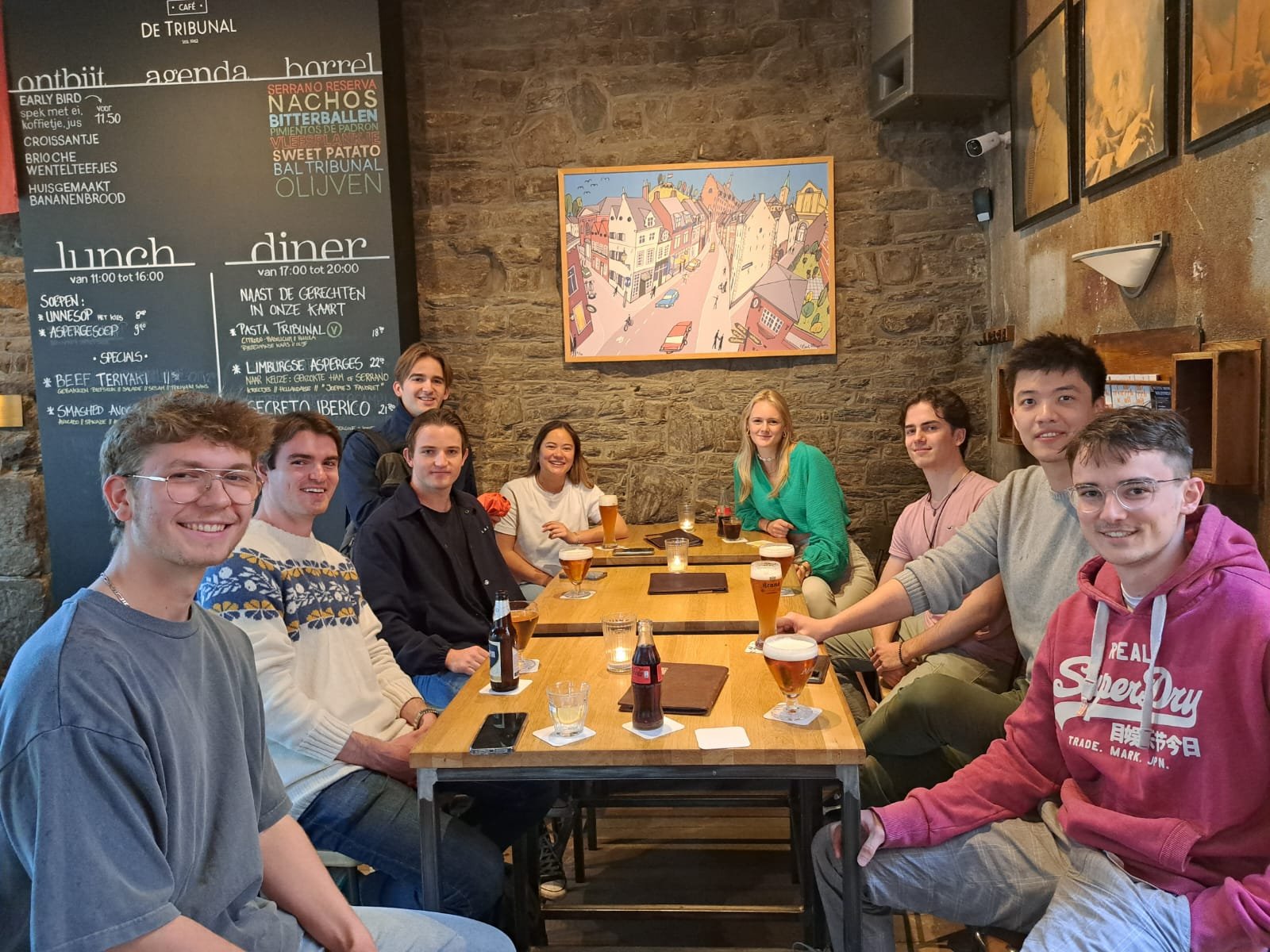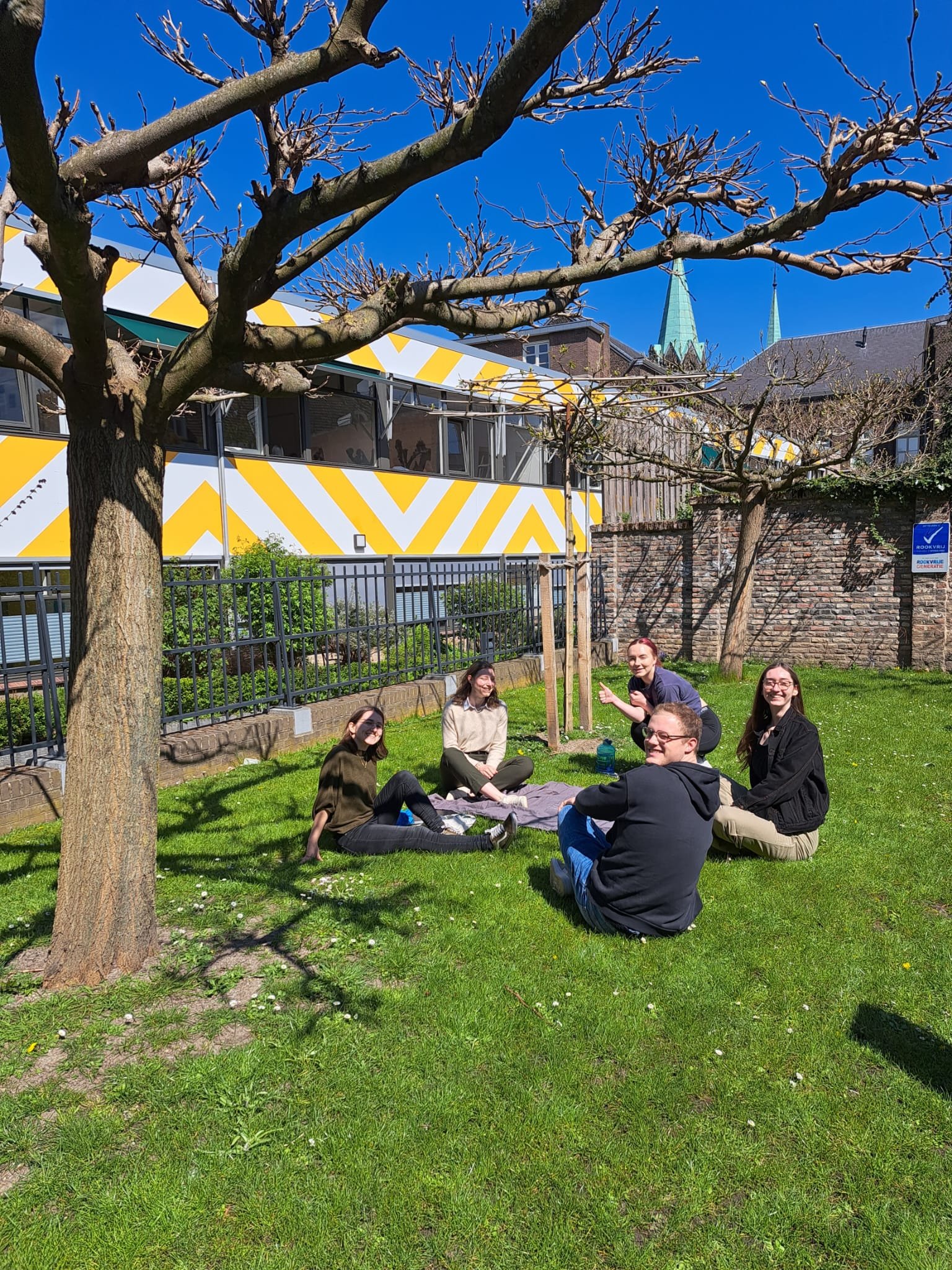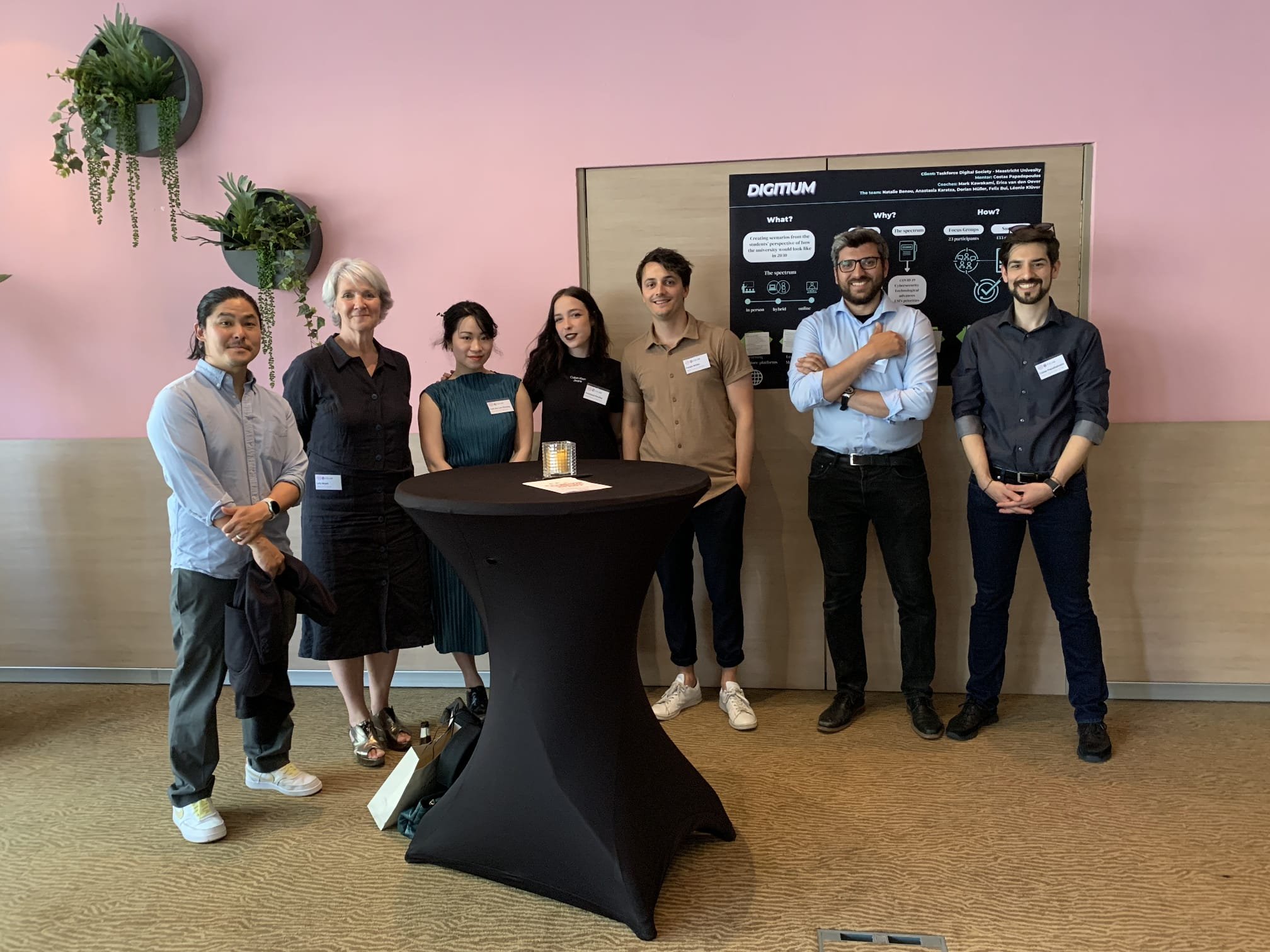For those in Dutch academia, a divisive topic that has been dragging on for sometime has been the attempts by various Dutch politicians to curb the influx of international students flocking to Dutch universities and to require Dutch to be the main language of education.
The likes of Independent MP, Pieter Omzigt, have staunchly argued that it is the legal obligation of the universities to teach in Dutch and any deviation from that (e.g. to teach in English) is something that is permitted only in “exceptional cases.” As things stand, he resented that there are too many international students and to many programs being taught in English, much to the detriment of Dutch students and taxpayers. Those in support of the curb and those against have been vociferously making their arguments: Minister of Education, Culture and Science, Robbert Dijkgraaf, for example, cited to preventing over crowding the classrooms, reducing the already high workload for the teaching staff, and resolving the congested housing issue as some of the arguments in favor of the curb, while those in opposition like the Dean of University of Amsterdam’s Faculty of Social and Behavioral Sciences, Agneta Fischer, argued that contact with foreign students greatly benefit their research and education.
“We are convinced that curbing internationalisation would harm not only the development of universities, but also the social environment in the regions in which they are based. It would also have an impact on the future of Dutch students, many of whom consciously choose an English-medium study programme and an international study experience with a view to their future professional field. To us, all this seems clear and logical.”
On a personal level, I think it makes sense for those that live and work in the Netherlands to learn Dutch and for the Dutch universities to adopt some sort of an admissions framework that limit the student intake and to do some quality control (which is a rather unpopular idea around these parts of the world) to alleviate the problems raised by Minister Dijkgraaf. What I want to introduce into this discussion though is a concern that popped into my head as I’ve been trying to ask ChatGPT the “right prompts” on assortment of tasks (and there are indeed right and wrong ways to do this): How does this issue of curbing internationalization intertwine with the growth of generative AI in education?
Image produced by Dall-E with the prompt “students using laptops in van gogh style”
While ChatGPT (currently) supports more than 85 languages from Awadhi to Vietnamese, the OpenAI website is only available in English and they admit that their “models (e.g., GPT-3, 3.5, and 4) are optimized for use in English.” Many of the models are “robust enough to generate good results for a variety of languages,” but it appears that those using generative AI in English has a (slight?) competitive advantage (at least for the time being). We are still at the nascent stage of all this, where even when promoting ChatGPT in English, there are various limitations: While it is more than capable of drafting a decent - albeit generic - recommendation letter, it still can’t write columns for me even in English (at least at a level that I find convincing or satisfactory). However, I suspect that this will soon improve, and as our use and reliance on generative AI continue to grow, a slight competitive advantage earlier on could grow into giant leaps down the line. So in this context, I respectfully disagree with MP Omziegt, who believes that adhering to Dutch as the operating language of universities (and thus following the law) comes with benefits, sans much costs.
People like saying that generative AI is already changing the way we work and to deny this reality, is to risk being left behind. Given the competitive advantage of knowing how to prompt these models correctly in English (as that is the language these models are optimized for), I worry that for the Dutch politicians to disincentivize Dutch universities from operating in English at this very juncture could be detrimental and short-sighted. This move, which carries similar nationalistic sentiments to Brexit, could potentially bootstrap us in the race to remain academically competitive (both in research and education) relative to institutions that enable programs in English to thrive unhindered. Of course, the debate of curbing internationalisation is a very complicated one and this is just a singular issue. Nevertheless, I believe it to be an important one, worthy of more consideration: perhaps as it always has been, English is our lingua franca, but in a world proliferating with generative AI models, English is potentially more than that, as it could be the key to potentially ensuring our future success as well. To disregard this possibility, may come with heavy costs.


















